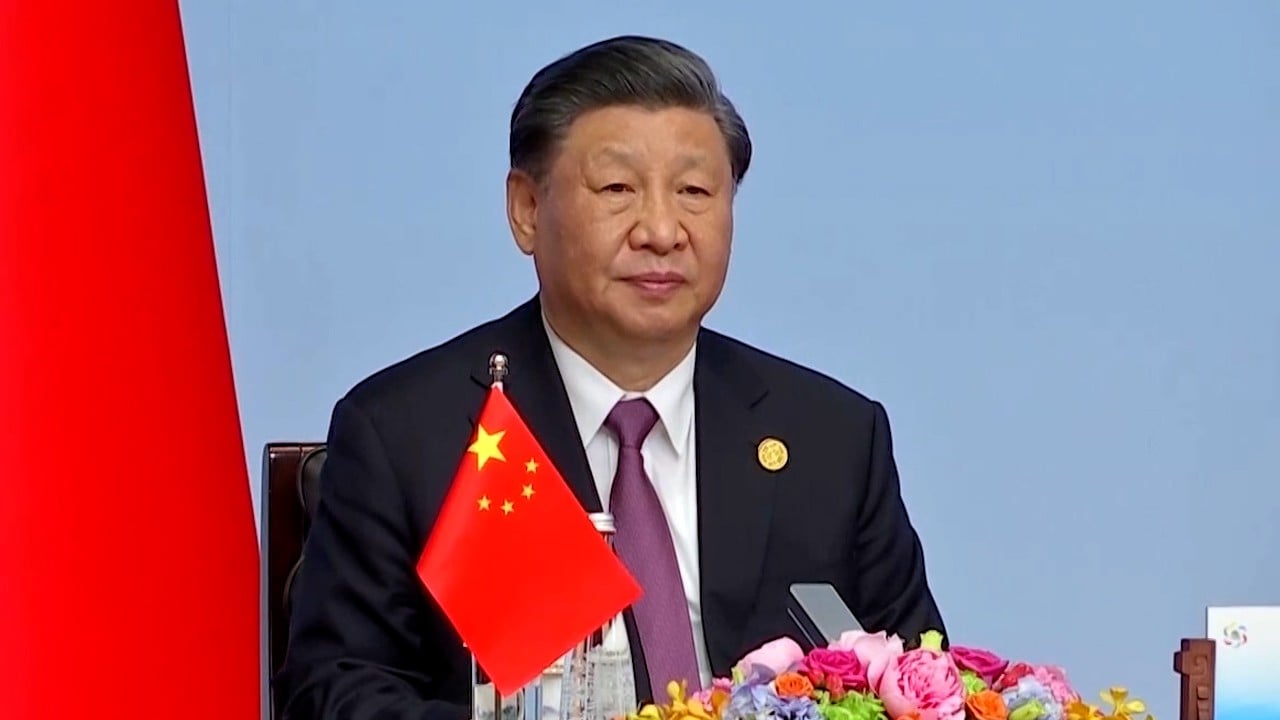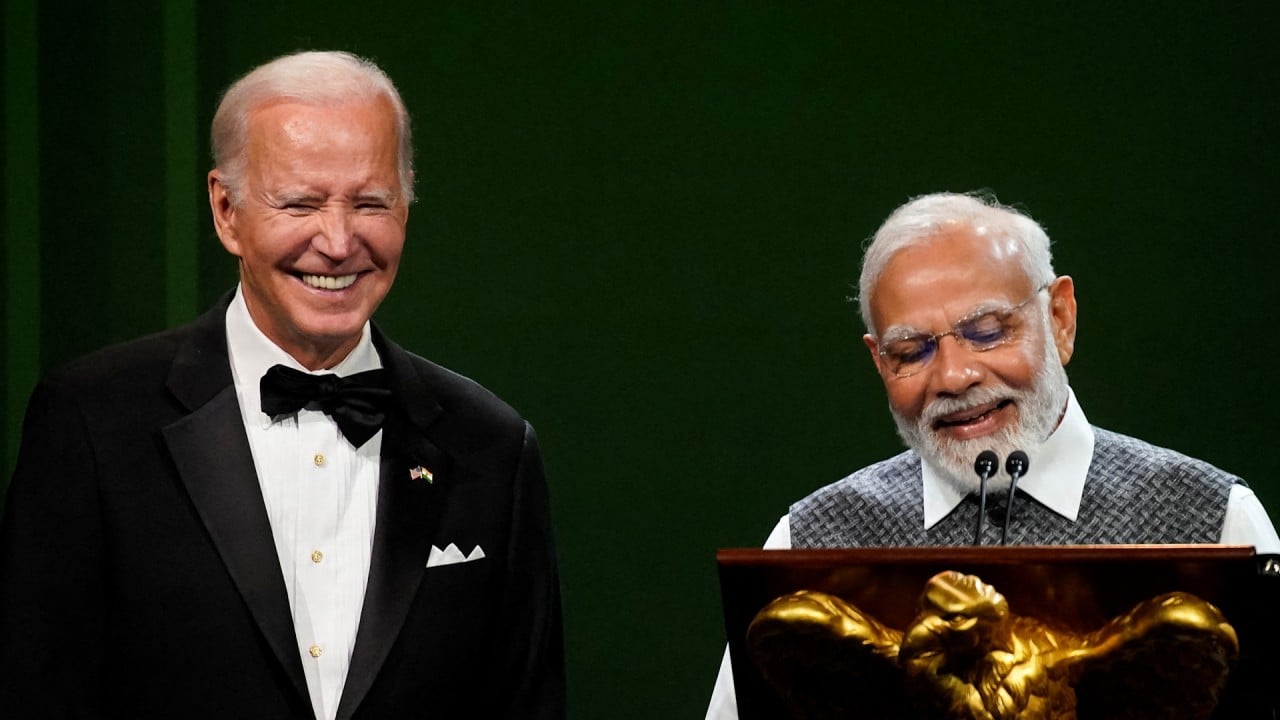
An America driven by fear of China is a danger to all
- The US is now fighting culture wars at home and the China bogeyman abroad, making conflict more likely
- The Global South and its like-minded partners in the Global North must continue to push back and champion collaboration over confrontation
Historically non-aligned, countries in the Global South are resisting pressure to take sides in the tense US-China geopolitical rivalry. Despite this, many are sidestepping ideological differences to collaborate with Beijing in pursuit of shared socio-economic interest.
Can Brics, the emerging world’s torch-bearer, challenge the established order?
The US cosying up to India, despite concerns over its human rights record, highlights American pragmatism – though one driven more by the need to defend its dominance in the global order than a defence of values. Indeed, to preserve its hegemony, Washington has been willing to strike deals with autocratic regimes. But no longer with China.
Here lies the stark reality of the US political elite’s zero-sum assessment of the China threat: it must be contained at all cost, even at the expense of pursuing a greater common good such as tackling climate change.

The tense reconfiguration of the global order and the worsening impact of climate change are casting a shadow over the 21st century. But in the Global South, there remains an underlying determination that these obstacles are surmountable, while the Global North’s outlook, weighed down by the protracted war in Ukraine and fractious domestic politics, is decidedly less optimistic.
During the Great Depression, Franklin D. Roosevelt warned his countrymen: “The only thing we have to fear is … fear itself.” Today, the United States finds itself once more at a critical juncture where hope must triumph over despair. Americans driven by the fear of each other and of others, namely China, could push the US closer to another civil war at home and a catastrophic world war abroad.
In August, when the Brics summit convenes in South Africa, leaders from the Global South, together with like-minded partners in the Global North, must continue to advocate for collaboration over confrontation, and peace over war. Much is at stake, with the fate of humankind hanging in the balance.
Peter T.C. Chang is deputy director of the Institute of China Studies, University of Malaya, Kuala Lumpur, Malaysia



